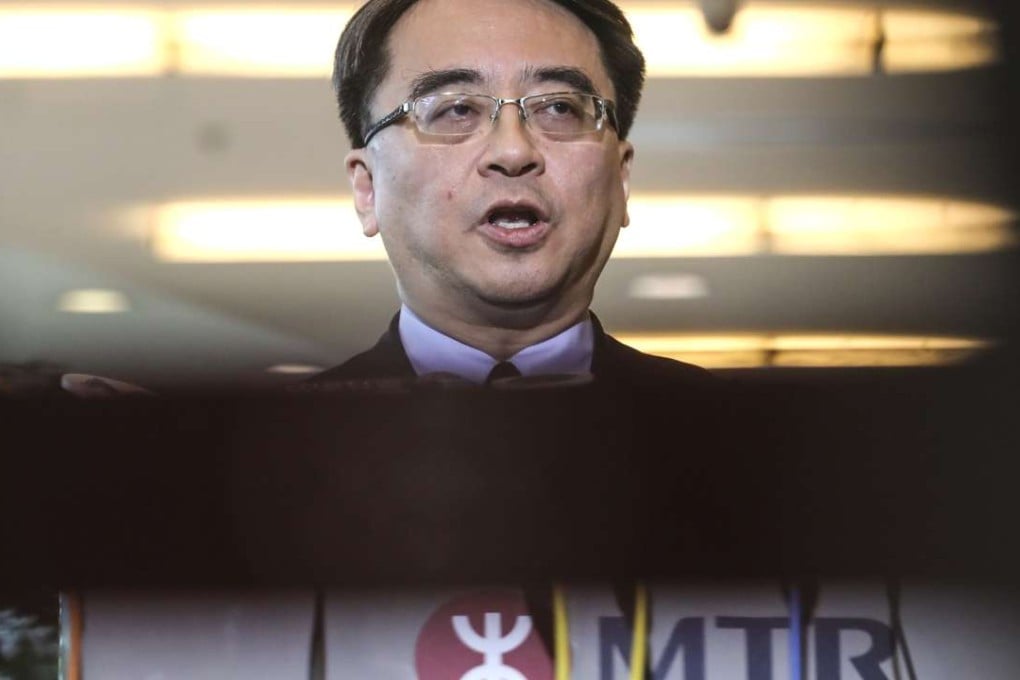MTR Corporation did not consider maker’s faulty Singapore trains during tender process for HK$6b contract
But senior staff were worried something was wrong with mainland firm’s quality control procedures ahead of purchase of 93 new trains for MTR system

Despite the MTR Corporation’s doubts about a mainland manufacturer’s quality management, its record of producing 26 faulty trains in Singapore was not considered in the rail operator’s tendering process for a HK$6 billion contract for 93 urban trains last year, it emerged yesterday.
However, drawing a lesson from the fiasco, the rail giant is now considering including bidders’ records in future tenders to allow more stringent evaluation, according to MTR Corp sources.
The revelation came as the Post was told senior rail staff thought there was something wrong with CRRC Sifang’s quality control procedures as it failed to discover impurities in the aluminium alloy used for the body of 26 trains it produced for Singapore. This was the cause of hairline cracks found on their bodies and in key structural components in 2013.
“No matter where the materials come from, usually the manufacturer will conduct its own metallurgical analysis to ensure that the metals used are free from any impurities,” a source said.
“Therefore we think that there were some problems with CRRC Sifang’s quality management procedures. Since we will conduct our own metallurgical analysis, we don’t think we need to disqualify it as a bidder just because of this problem,” he said.
It is also understood that after reaching the conclusion, senior technical staff did not report it to the board because they did not think the matter was so serious that it required the board’s attention.
Separately, Dr Jacob Kam Chak-pui, MTR Corp’s managing director, said since they had already concluded in 2014 that safety issues did not arise with the subway trains produced by CRRC Sifang for Singapore, its qualification as a bidder remained intact.